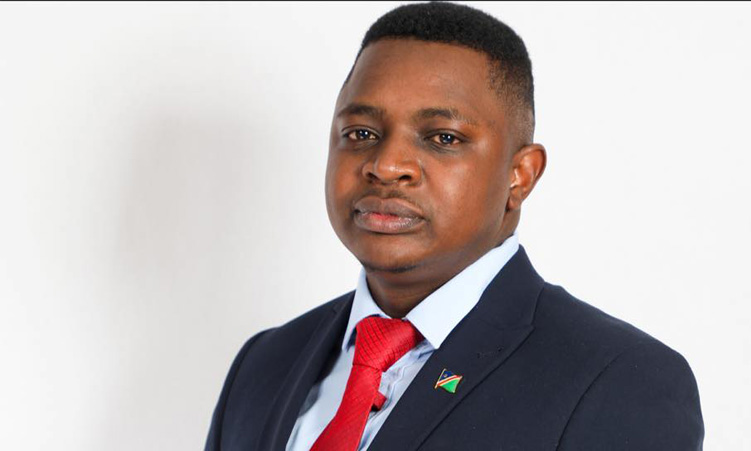Communications Regulatory Authority (Cran) chief executive Emilia Nghikembua says the authority is conducting a taxation study to engage the government on reducing taxes in the telecommunications sector.
This would lead to more affordable data and phone calls. Nghikembua says the institution is currently conducting a pricing study for voice clips, SMSes and data to determine prices for these mobile services.
“Once completed, the regulations in this regard will be issued,” she says.
Nghikembua says several stakeholder engagements have been held and some of the licensees have already started reducing prices.

POLICY REVIEWED
In an attempt to address the affordability of data in Namibia, Ministry of Information and Communication Technology spokesperson Shoki Kandjimi says the ministry has started reviewing the national broadband policy to encompass the Southern African Development Community (SADC) broadband target.
“The policy requires the entry-level terminals and household installation for fixed or mobile broadband to be made affordable in SADC member states, at less than 2% of yearly gross national income per capita,” he says.
Kandjimi says the review aims to increase the minimum download speed for broadband to 20Mbps from a minimum of 2Mbps.
He says the government has invested in the West Africa Cable System, which involves underwater cables bringing internet services to Namibia in an attempt to lower costs.
“With these submarine cables, it is anticipated that internet capacity would greatly improve, and the cost of broadband internet may slightly drop. This may stimulate accessibility and usage,” Kandjimi says.
MTC chief commercial officer John Katangolo says the company has not implemented any price increases since 2017, and the current prices are approved by Cran.
“This ensures that our tariffs are not below cost and are not anti-competitive,” he says.
Katangolo says before any price change, MTC submits tariffs for approvals and consideration.
“Ultimately our pricing is always enforced as a matter of principality [sic] through the regulator within and in accordance with the law,” he says.

INTERNET ACCESSIBILITY
Kandjimi says the ministry has commenced with the drafting of the National Digital Literacy Programme concept note as one of the strategies to address internet accessibility.
“The concept note highlights the roles and responsibilities of various stakeholders, planned activities and approaches towards implementation.
“The strategy will improve the quality of public services, and promote inclusivity in the digital age,” he says.
The ministry has commenced with the review of various information and communication technology (ICT) policies and is consolidating them into a national policy.
“This is aimed at guiding the development of the digital economy for Namibia, taking into account the dynamic nature of the ICT sector,” Kandjimi says.
He says the government has allocated N$115 million for the implementation of the construction of 42 Radio Access Network (RAN) towers for three years.
Nghikembua says the long-term plan for Cran to increase internet access is to implement the universal service policy through the operationalisation of the Universal Service Fund.
“This will be used to deploy ICT infrastructure in areas that are not financially viable,” he says.
Nghikembua says Cran issued roll-out obligations to licensees in 2023 to provide services to unserved and underserved areas.
“This increased 4G coverage from 79% in 2021 to 88,4% in 2024,” he says.
Katangolo says the company has invested N$1,2 billion to provide geographical network coverage to at least 90% of geographical settlement areas in the country.
“Our aspiration as MTC is to ensure that every person across Namibia has access and enjoys the benefits of a modern connected world, hence we continue to invest in our network with the latest technologies,” he says.


PRICE COMPARISON
The African affordability ranking indicates that Namibia dropped from fourth-most affordable country on the continent in quarter one of 2016, to the 33rd-most affordable country in quarter one of 2021 for 5GB per month,” the report reads.
In the SADC region, Namibia’s data costs are the third-most expensive.
The Worldwide Mobile Data Pricing 2022 report states that 1GB of data in Botswana costs about US$15,55 (N$253,47), while in Seychelles it cost US$12,66 (N$206,56) on average.
In Namibia, the price of 1GB of data costs an average of US$10,52 (N$171,48), and the cheapest data is in Tanzania, where the average cost of 1GB is US$0,71 (N$11,57).
Stay informed with The Namibian – your source for credible journalism. Get in-depth reporting and opinions for
only N$85 a month. Invest in journalism, invest in democracy –
Subscribe Now!






